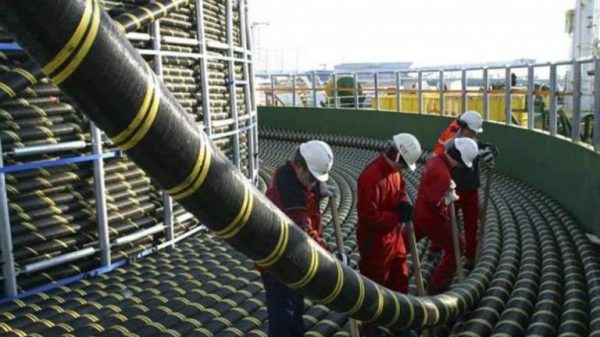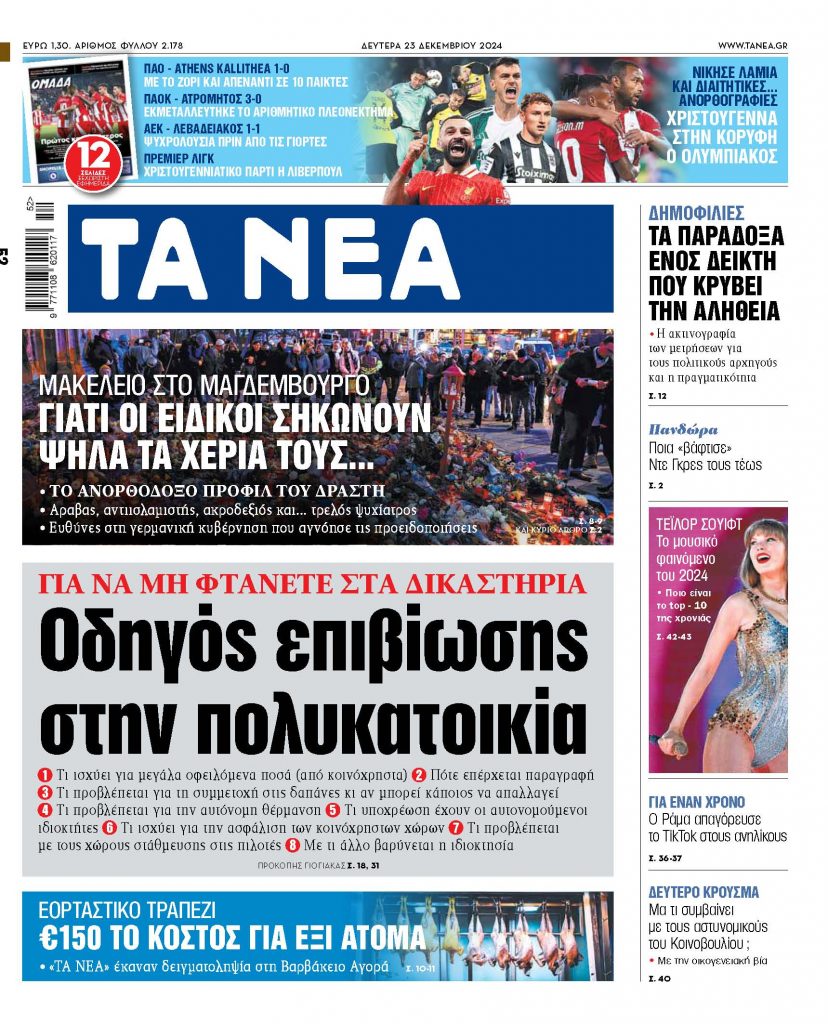The arrest six days ago in Istanbul of a major Turkish drug trafficker, Sherif Zindashti, who is considered the basic funder of the transport of a 2.1 tonne heroin cargo from Dubai to Elefsina in the summer of 2014, is considered a significant breakthrough in the case.
An international arrest warrant was issued last September for Zindashti, his brother who owns a restaurant in the UK, and Belgian trafficker Ourhan Ourm (who is already incarcerated in an Istanbul jail), following an investigation over many years by Pireaus’ 3rd Regular Investigating Magistrate Aspasia Alvanou, regarding the organisation and the funding of the transport of two tonnes of heroin from the United Arab Emirates to Elefsina, in the summer of 2014.
According to To Vima, Ms Alvanou’s probe was based partly on “secret” testimony of a Greek who was charged and convicted in the case, Efthimios Giannousakis, on a video found on his cell phone, which shows his contacts with Zindashti.
The other key evidence in Alvanou’s probe was a lengthy US Drug Enforcement Administration (DEA) report.
In none of the evidence in the files of the Piraeus investigating magistrate (nor in the DEA report, for that matter) does it emerge that any Greek businessman is implicated in funding the cargo, as various “circles” in Athens maintain.
On 26 September, 2014, (about three months after the discovery of the large drugs cargo in Elefsina) two culprits were murdered: Zindashti’s 19-year-old daughter Arzou Sedi and his 23-year-old driver.
According to Zindashti’s statements at that time, the murder of his daughter and driver are linked to the Noor-1 drug transport and to its being discovered.
There followed another series of crimes related to the Noor-1 in Turkey, Belgium, and the United Arab Emirates, between major drug traffickers of Turkish descent who were implicated in the Noor-1 affair.
Greek authorities delayed significantly in seeking related information.
Greek authorities’ decision to issue international arrest warrants for the Turkish funders of a 2.1 tonne heroin cargo – rather than requesting judicial assistance so that their testimony could be taken by in the place of their incarceration, either by sending Greek judges to Turkey or by submitting written questions to Turkish authorities – represents a possible delay in getting to the bottom of the case.
It is unknown if and when Turkish authorities will extradite the Turkish funders to be tried in Greece.
The file compiled on the Turkish funders remains sealed.








